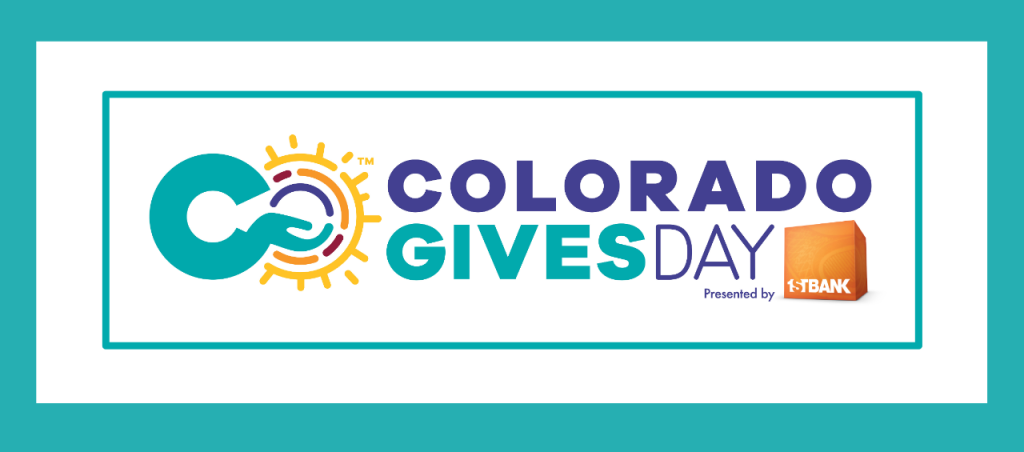
Article by Mel Ulle
Our clients tend to be organizations that can afford to hire outside consultants. They typically have budgets that range from $3M/year to $10M/ year. We have a few that are much bigger and a few that are much, much smaller. And then there are all the groups with whom we really want to work, but can’t without some funding available to pay for our services.
We try not to do pro-bono work because when you work with nonprofits as your bread and butter, a precedent of free work would result in a very slippery slope which would probably become a mudslide.
Besides, we’re a tiny firm with a small staff. And I like making sure that our staff gets paid every month. And I think they also like to be paid every month.
In a post-COVID 19 world, we have been approached by dozens and dozens of very small organizations that are doing BIG work. They need fundraising help. Since we are not a company that tells you what to do, but rather a company that grabs you by the arm and asks for money with you, our services are now in high demand.
When I talk to an Executive Director that is spending her days driving all over her Midwestern state delivering gift cards so that people can buy food, or speak to a founder who wants to start a coat drive for the winter now since this will be a real bad year for homeless Americans… when I speak to them and I can’t help them in a meaningful way it breaks my heart. I’m certain that I am not the only nonprofit consultant who is having this experience.
I know that every foundation is having many heart-breaking moments right now as well. I would never suggest otherwise.
I know that a capacity-building grant is not sexy. At all. Giving an organization money to raise money just doesn’t give ya goosebumps. I get it. But these tiny nonprofits should exist, and these times are really tough for an untrained fundraising staff. This work is important. It’s really important. I wish I had a bullhorn and I could shout: “This will make or break them! No one is going to do what this tiny micro-organization is doing. No one.”
Capacity-building grants are a lifeline in times like these. I have spent the past few months working with a major foundation to support their nonprofit grantees in their fundraising. It has been rewarding and human, and sad, and happy, and necessary.
I don’t have a bullhorn, but I have this itty-bitty platform and I hope some funders will listen. Please help your grantees differently. I know that the Council on Foundations has a pledge for foundations to loosen restrictions, reduce reporting requirements and have more dialogue with grantees. I know that hundreds of foundations have signed the pledge. And that is fantastic. I would add that investing in the capacity of these organizations is what will keep them alive at the end of this strange time.
Not all nonprofits should exist. I know that. But there are so many that should. But they won’t make it if we don’t teach them to fish right now. And then go fishing with them.




